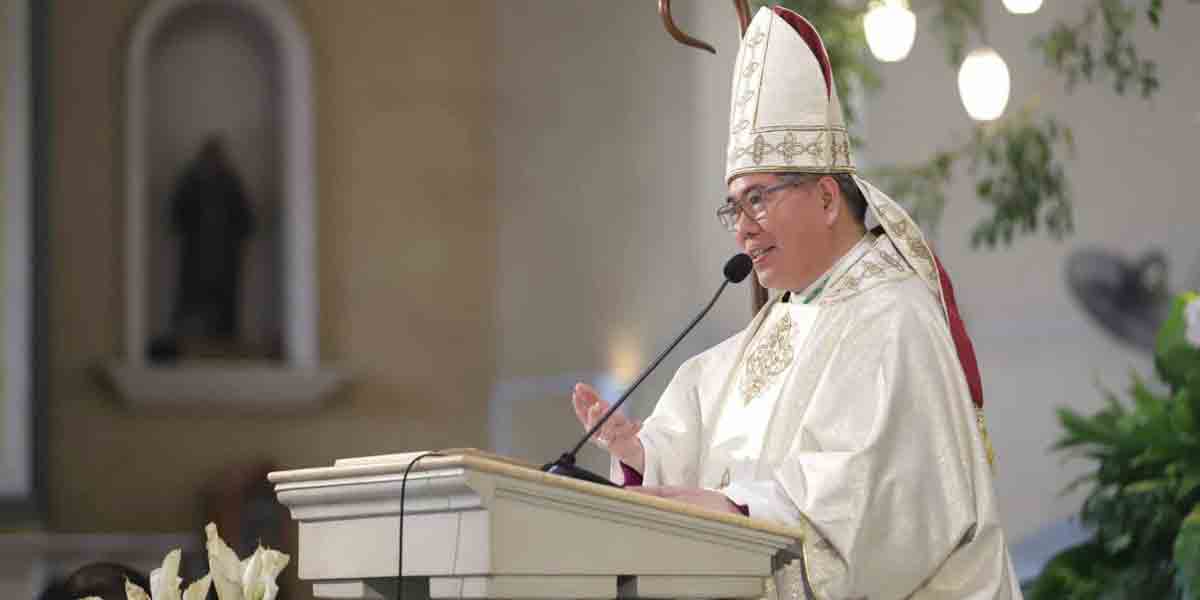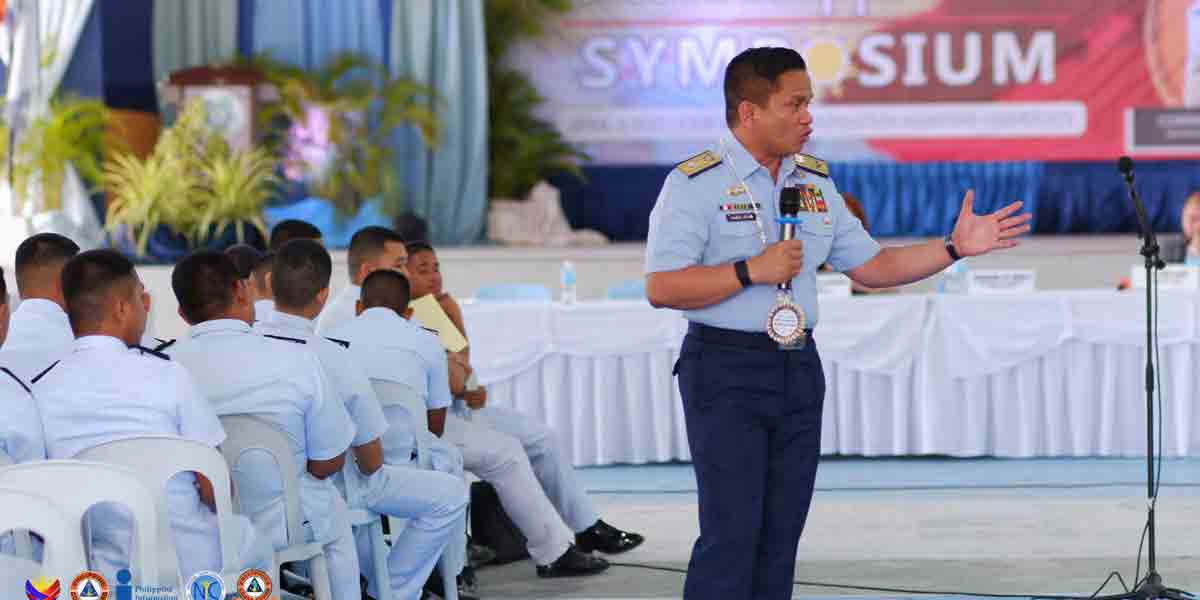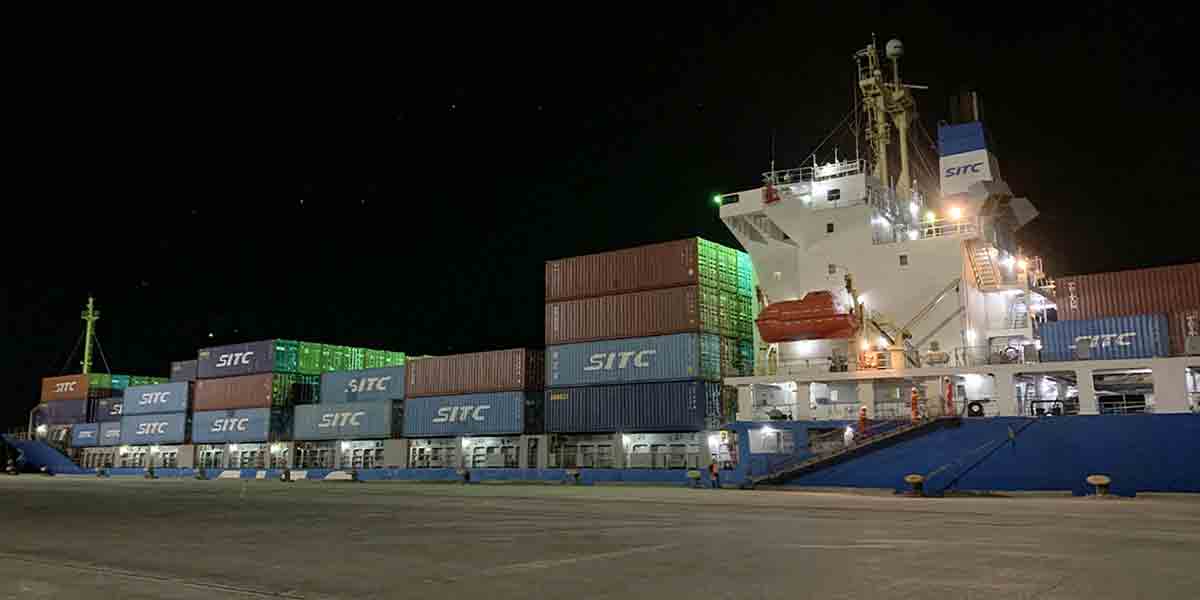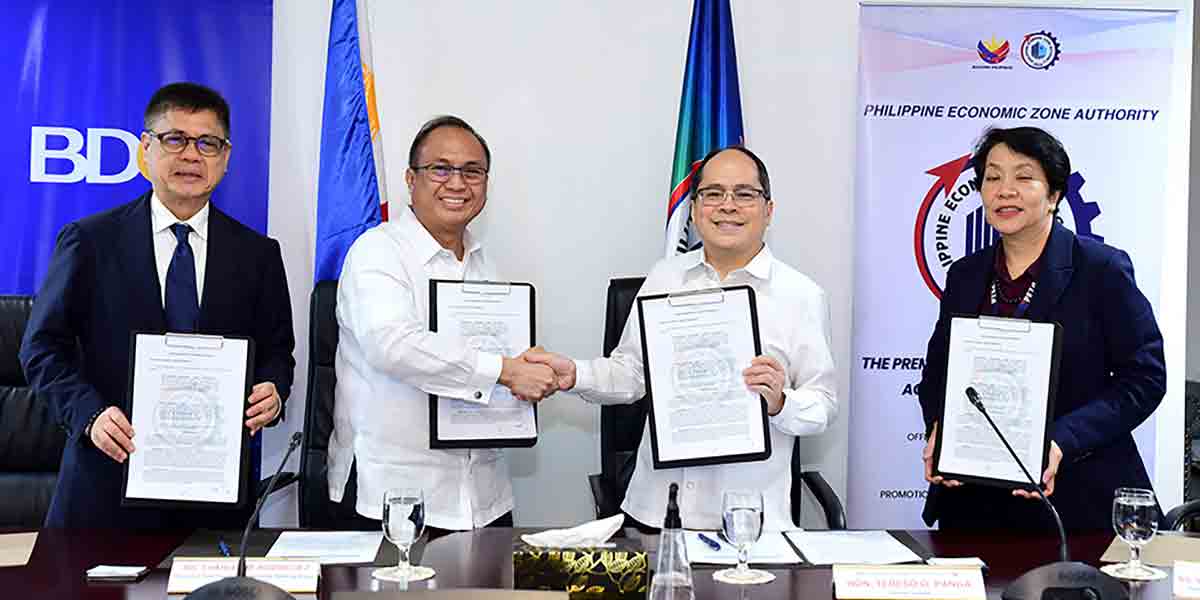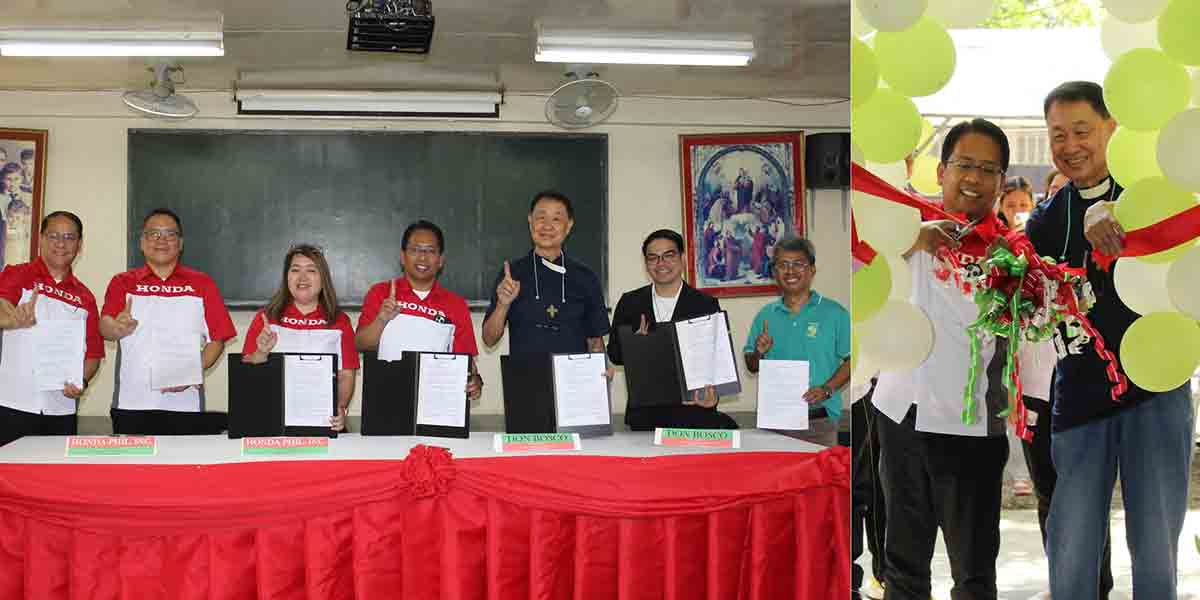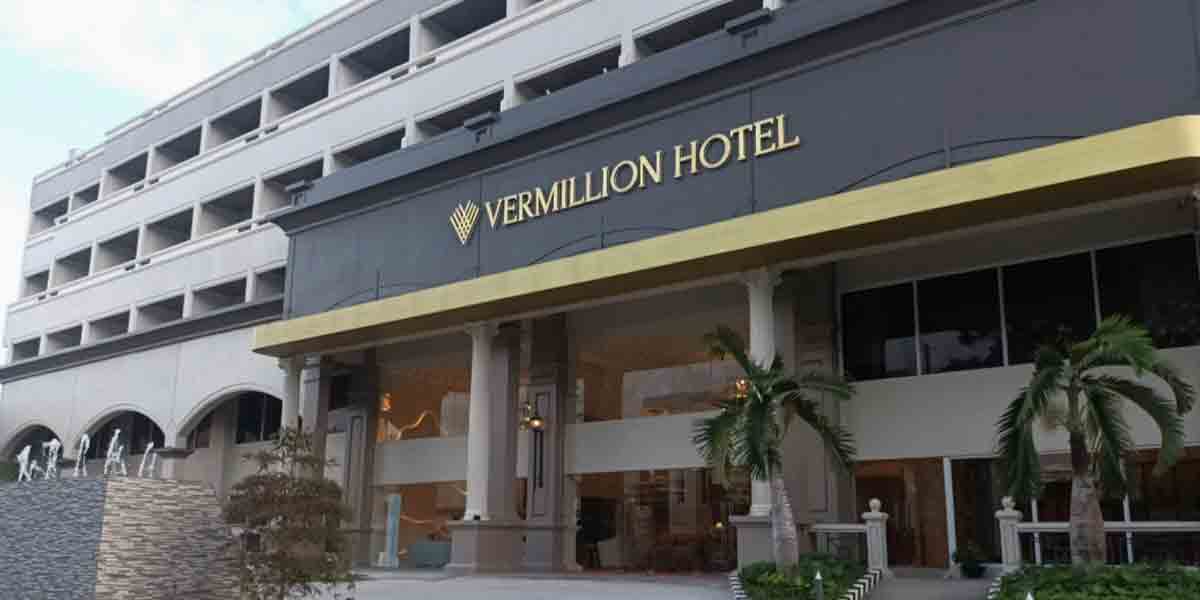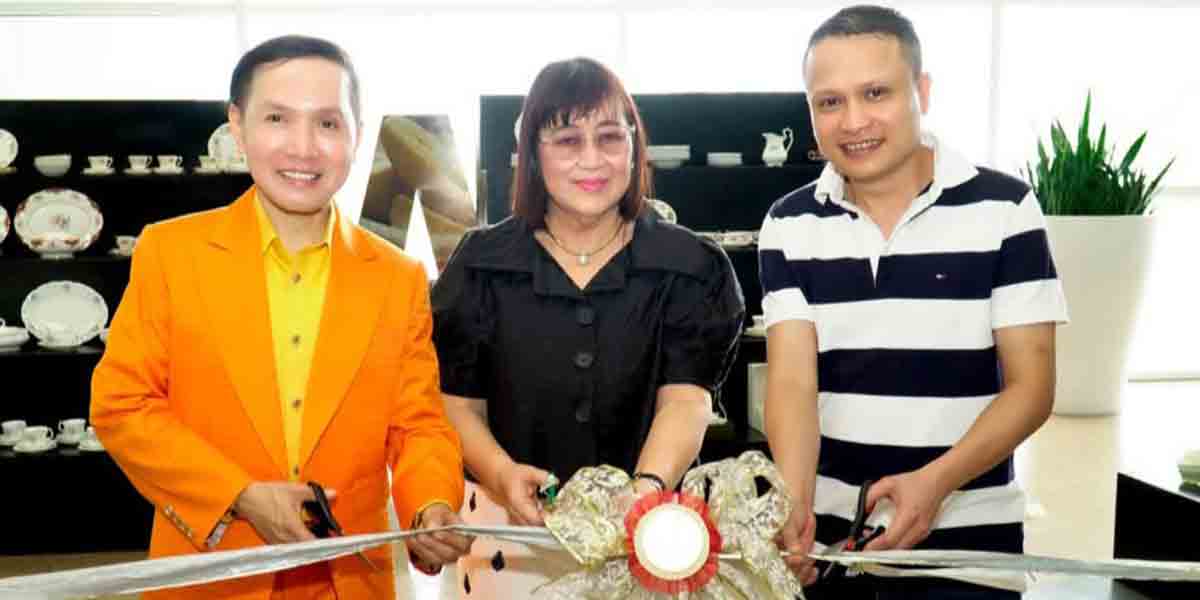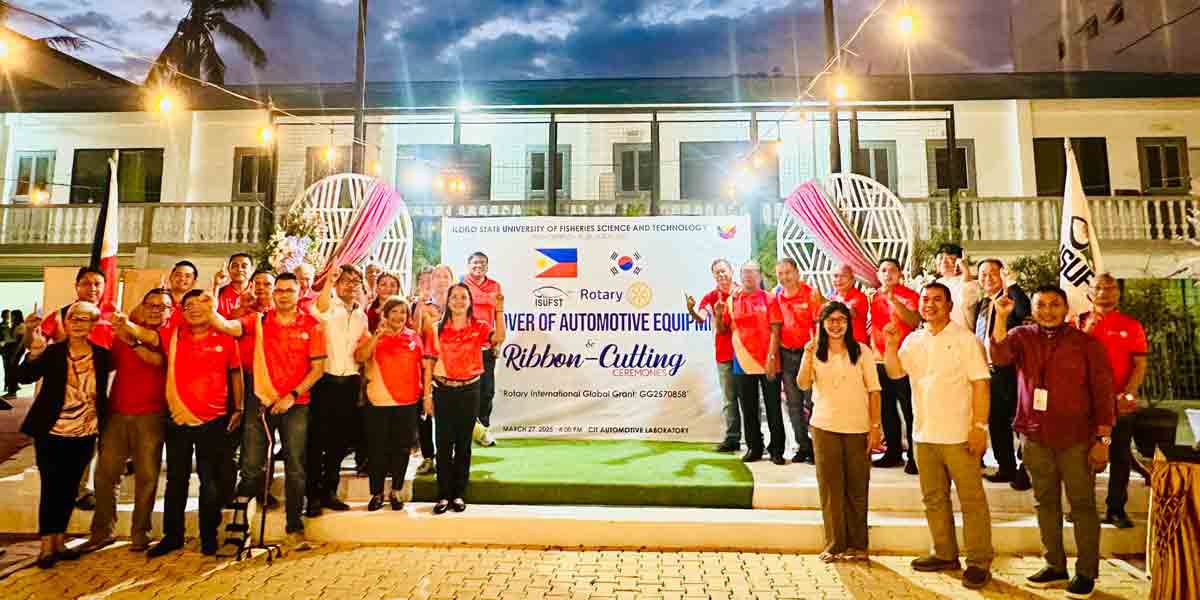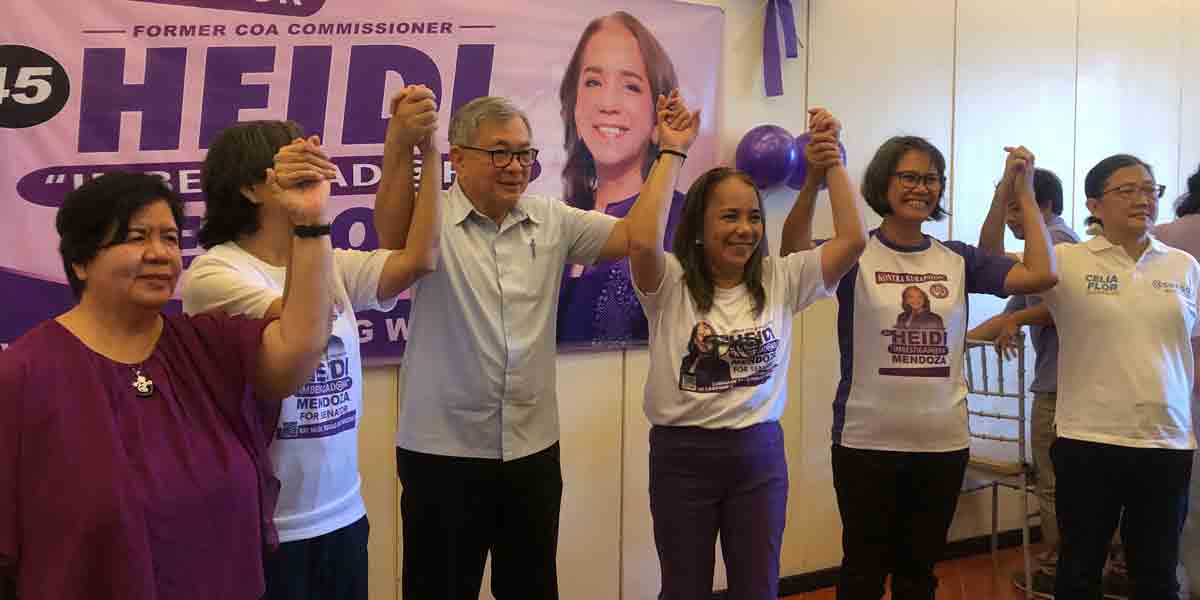The government’s Philippine Economic Briefings (PEBs), investor roadshows, and international dialogues have contributed to billions of pesos worth of pledges.
The commitments include the PHP 800 billion in investment pledges from Singapore and Indonesia; PHP 229 billion in investment pledges from the United States of America; PHP 157.0 billion in approved foreign investments from Germany; PHP 293.1 million approved investments from the United Kingdom (UK); and PHP 3.8 billion approved foreign investments, US$600 million infrastructure investment pledges, and PHP 708.2 billion investment deals from Japan.
Investors are able to gather insight into the Philippines’ key macroeconomic strengths, robust performance, commitment to structural reforms, and sound policy environment as a result of these events.
“Personally engaging with top level investors increases the Philippines’ visibility in the international arena, especially in untapped markets. Establishing bilateral economic relations is in line with the President’s call to form strategic alliances with the international community,” Finance Secretary Benjamin E. Diokno said.
As the head of the economic team, Secretary Diokno noted the importance of conducting regular and targeted briefings that keep global investors and partners updated on the Philippines’ priority areas and latest policy thrusts to improve the investment climate in the country.
According to him, international fund managers, investment houses, and fixed-income investors are particularly interested in knowing the Philippines’ credit story, growth outlook, and priority investment areas.
Just recently, the economic team engaged with Dubai-based funds who expressed interest in co-investment opportunities in infrastructure and fixed-income instruments, such as Environmental, Social, and Governance (ESG)-linked bonds, through the Maharlika Investment Fund, which will be operational by the end of 2023.
By highlighting the Philippines’ fundamental advantages of having a young highly-skilled workforce and enhanced investment environment, the government is able to attract foreign direct investments (FDIs) into the country.
“When visiting a foreign country, we look into areas that will complement the needs of both parties. For instance, our demographic sweet spot is a plus for investors looking to operate in the country. Another area of interest for many investors is our newly-liberalized renewable energy sector, as well as the availability of critical minerals needed for clean technologies,” Secretary Diokno said.
Apart from investments, international engagements allow the Philippine government to obtain valuable inputs and feedback from industry leaders on certain issues, as well as recommendations on how to further enhance investment policies to better position the Philippines in the global economy.
Investor roundtables in Japan and the Middle East, for example, prompted the timely review and adjustment of policies in response to private sector concerns on ease of doing business in the Philippines, including issues on value-added tax (VAT) exemptions and refund claims, fiscal incentives granted under the Corporate Recovery and Tax Incentives for Enterprises (CREATE) Act, and double taxation avoidance.
“We should take advantage of this time now that the pandemic is over. We will continue with these targeted economic missions and establish bilateral ties to support our agenda for prosperity for a future-proof and sustainable economy,” Secretary Diokno said.



